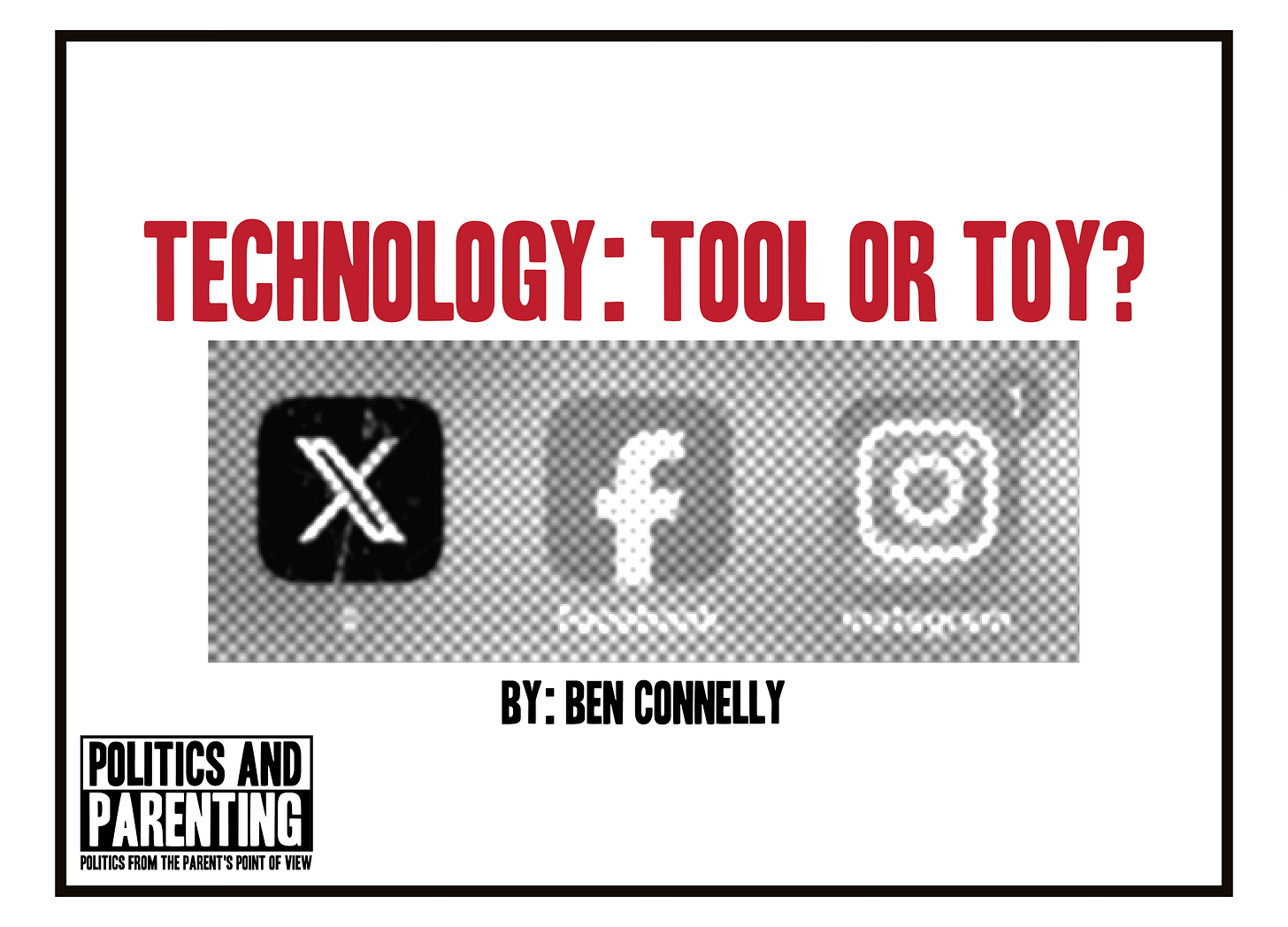Smartphones and social media are modern wonders of technology. They help us connect, making the world smaller and bringing us together. However, every tool can be a weapon, and every weapon treated like a toy can be dangerous.
How do we ensure our youth receive the benefits of technology without the harm?
In 2021, former Facebook engineer Francis Haugen testified before Congress about the potential dangers of Facebook and Instagram for teenagers. Since then, Jonathan Haidt and Zach Rausch have published research establishing not just a correlation between social media use and rising depression among teen girls, but a causal link. Just like the case with smoking and cigarettes, they allege that if the evidence of a correlation is strong enough, it is causal evidence.
The finding has been criticized by some. They have put forth alternative theories as to why teenage mental health has declined over the last ten years. These include school shootings, better reporting for anxiety and depression, the financial collapse of 2008, less stigma around mental health, and academic pressure. Jean Twenge, author of iGen, has argued that none of these alternative theories can sufficiently explain the data. The only one that can is the one Haidt and Rausch proposed: that heavy use of social media and smartphones starting in middle school harms mental health.
Among other solutions, Haidt proposed a national digital age limit of 16. This wouldn’t be a mere formality, like Facebook’s current “age limit,” but a law with teeth requiring social media companies to verify the ages of everyone on their platforms and to keep underage users off. This would require identity verification, which has raised privacy concerns. In addition, it’s unclear how effective any such age limit could be, as there would always be ways to get around it. Haidt has acknowledged this and has stated that such a limit doesn’t have to be perfectly effective; merely effective enough. Young people have ways of getting around the drinking age, but the law still provides enough of a barrier that teenage drinking is less than it would be without a drinking age.
Moreover, if only a handful of kids were on social media, other kids would be less interested in getting on. Many of them are on Instagram or TikTok primarily because their friends are on those platforms, and if their friends weren’t on social media, they would care less.





